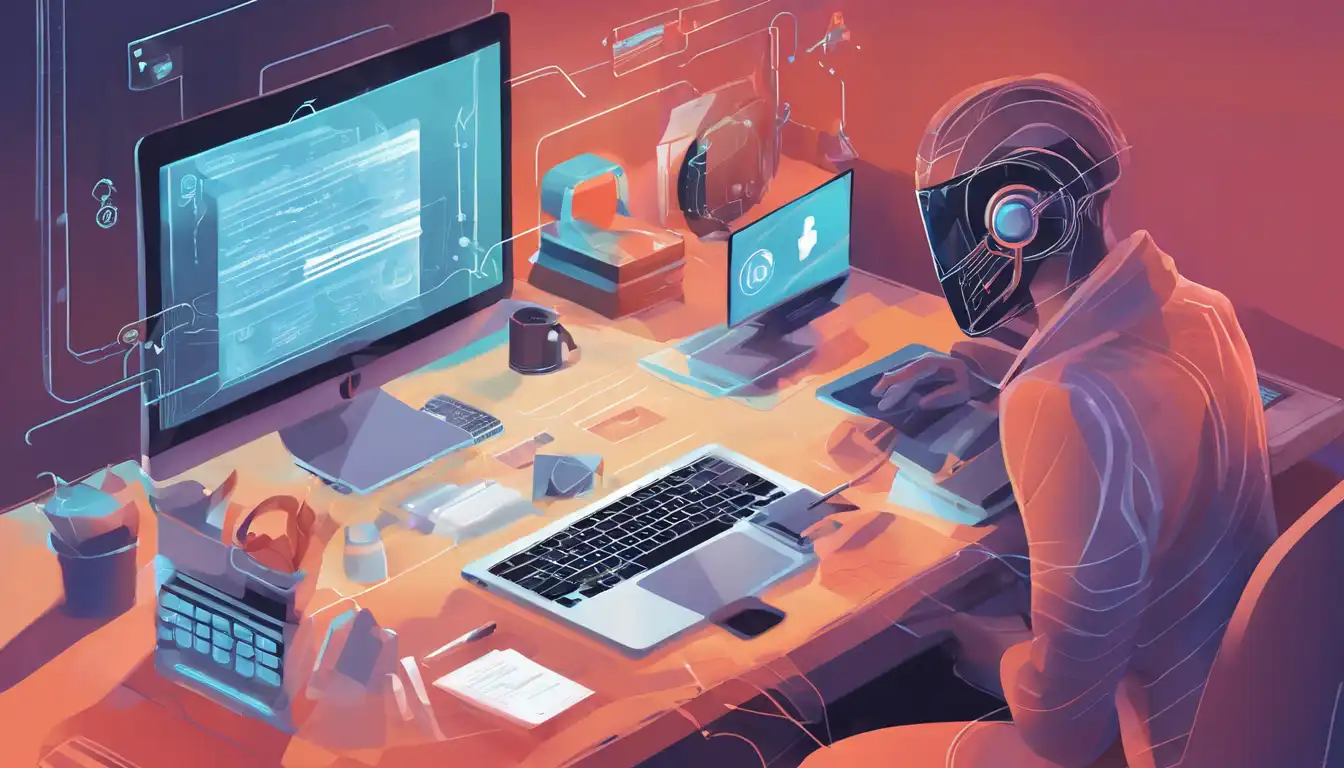Introduction to Cybersecurity for Remote Workers
In today's digital age, remote work has become more prevalent than ever. With this shift, the importance of cybersecurity for remote workers cannot be overstated. Protecting sensitive data and ensuring online safety are paramount for employees working outside traditional office environments.
Essential Cybersecurity Practices
To safeguard against cyber threats, remote workers should adhere to the following practices:
- Use Strong Passwords: Create complex passwords and change them regularly. Consider using a password manager for added security.
- Enable Two-Factor Authentication (2FA): This adds an extra layer of security beyond just a password.
- Secure Your Home Network: Ensure your Wi-Fi network is encrypted and hidden. Use a VPN for an additional security layer.
- Be Wary of Phishing Attempts: Always verify the authenticity of emails and links before clicking on them.
- Keep Software Updated: Regularly update your operating system and applications to protect against vulnerabilities.
Advanced Security Measures
For those handling highly sensitive information, consider implementing more advanced security measures:
- Endpoint Protection: Use antivirus and anti-malware software to protect your devices.
- Data Encryption: Encrypt sensitive files to protect them in case of unauthorized access.
- Regular Backups: Maintain regular backups of important data to recover from potential cyberattacks.
Creating a Secure Remote Work Environment
Beyond individual practices, creating a secure work environment is crucial. This includes:
- Physical Security: Keep your work devices in a secure location to prevent theft.
- Secure Communication Tools: Use encrypted communication platforms for sharing sensitive information.
- Employee Training: Stay informed about the latest cybersecurity threats and how to avoid them.
Conclusion
As remote work continues to grow, so does the need for robust cybersecurity measures. By implementing these essential practices, remote workers can significantly reduce their vulnerability to cyber threats and protect sensitive data. Remember, cybersecurity is not just the responsibility of the IT department; it's a shared responsibility that starts with individual actions.
For more insights on creating a secure remote work setup, explore our guide on Secure Remote Work Environment.
